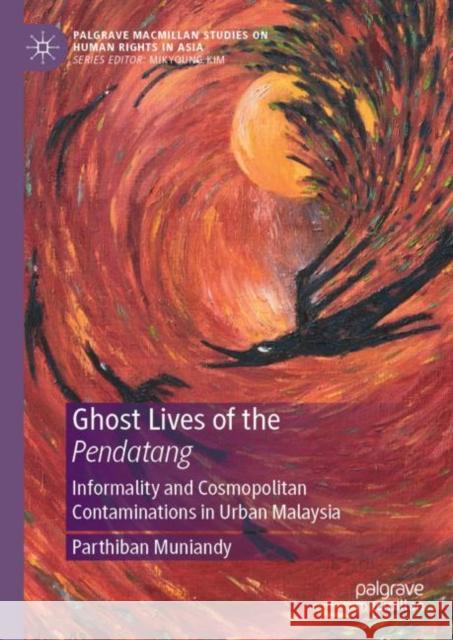Ghost Lives of the Pendatang: Informality and Cosmopolitan Contaminations in Urban Malaysia » książka
topmenu
Ghost Lives of the Pendatang: Informality and Cosmopolitan Contaminations in Urban Malaysia
ISBN-13: 9789813361997 / Angielski / Twarda / 2021 / 177 str.
Ghost Lives of the Pendatang: Informality and Cosmopolitan Contaminations in Urban Malaysia
ISBN-13: 9789813361997 / Angielski / Twarda / 2021 / 177 str.
cena 441,75
(netto: 420,71 VAT: 5%)
Najniższa cena z 30 dni: 424,07
(netto: 420,71 VAT: 5%)
Najniższa cena z 30 dni: 424,07
Termin realizacji zamówienia:
ok. 22 dni roboczych.
ok. 22 dni roboczych.
Darmowa dostawa!
Kategorie BISAC:
Wydawca:
Palgrave MacMillan
Seria wydawnicza:
Język:
Angielski
ISBN-13:
9789813361997
Rok wydania:
2021
Wydanie:
2021
Numer serii:
001175112
Ilość stron:
177
Waga:
0.38 kg
Wymiary:
21.01 x 14.81 x 1.27
Oprawa:
Twarda
Wolumenów:
01
Dodatkowe informacje:
Wydanie ilustrowane











